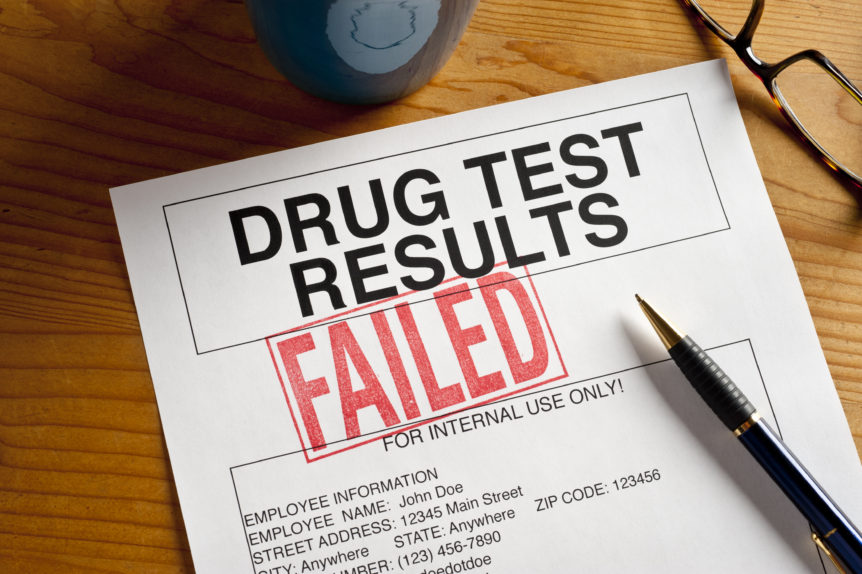Does your company have a written drug and alcohol testing process to go along with its drug and alcohol policy? A drug and alcohol policy and process are both important; the policy is generally located in a company’s employee handbook which has been communicated to all employees but the process is a guide, tools and training for management which is relayed to them.
Many companies have a drug and alcohol policy which begins with their philosophy and tolerance for drugs and alcohol and includes the types of drug and alcohol testing: pre-employment, random and post-accident (Department of Labor regulated employees), reasonable suspicion, return-to-duty, follow-up and refusal to test, etc. However, some companies lack a detailed testing process for their management which leaves all management unsure of exactly what to do. Once a drug and alcohol testing process and tools have been established, management should receive training on:
- Drug and alcohol testing protocols
- Common types of drugs
- Drug and alcohol effects and indicators
- Reasonable suspicion
- Post-accident testing for Department of Transportation (DOT) drivers
- Random drug and alcohol testing for DOT drivers
- How to spot impaired people
- Employee resources
Members of management who participate in drug and alcohol training, should be the authorized agents that “make the call to test.” Regulations that affect drug and alcohol policies and processes are the American’s with Disabilities Act (ADA), Title VII of the Civil Rights Act, which includes discrimination, and Pennsylvania’s Medical Marijuana, Act 16, likely to roll out May 2018. Examples of how these regulations affect companies are:
- Employers cannot discriminate against people with alcoholism, which has been considered a disability under the ADA.
- Employers may only test employees for alcohol if they have a reasonable suspicion that the employee is under the influence of alcohol while at work. Importantly, a test for alcohol is considered a medical examination under the ADA.
- Employers may not discriminate against people for their status as registered for medical marijuana.
If your company lacks a quality drug and alcohol process, we recommend reducing your company’s risk by investing in a review of your current drug and alcohol process or have Murray HR Solutions create a process, tools and management training for you. Email Sherri Hebda, MBA, SPHR, SHRM-SCP or call at 610.212.8211 for additional information.
Share this Post

